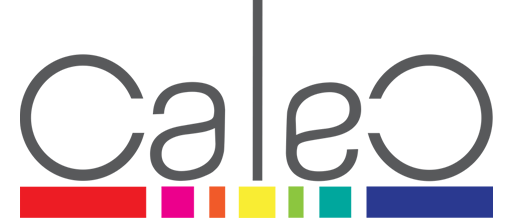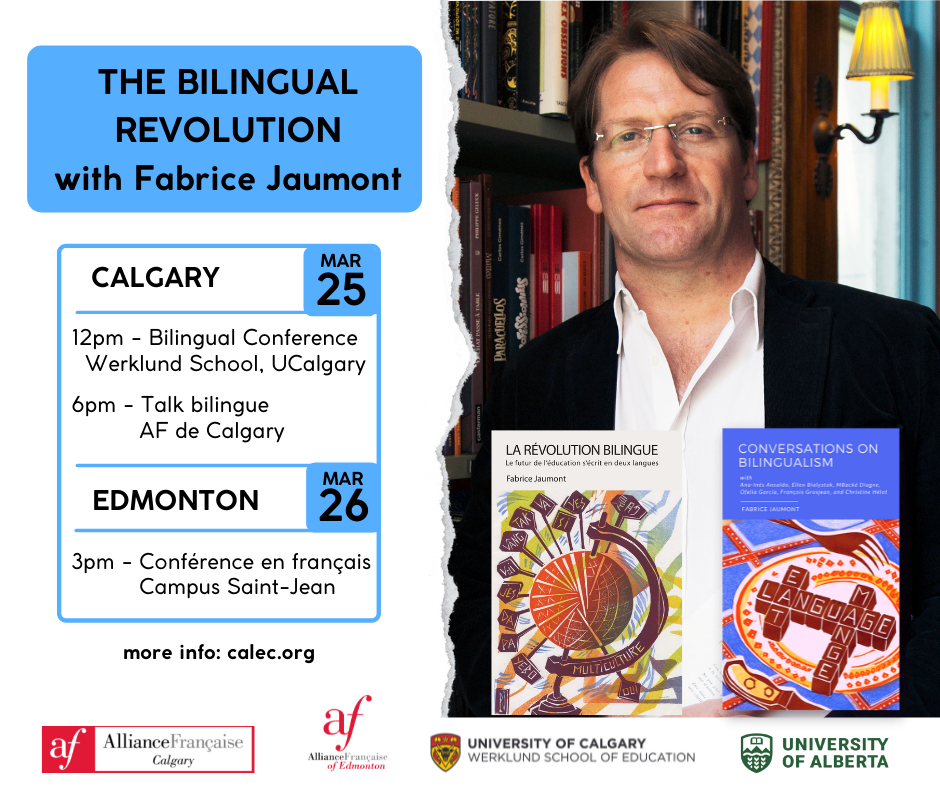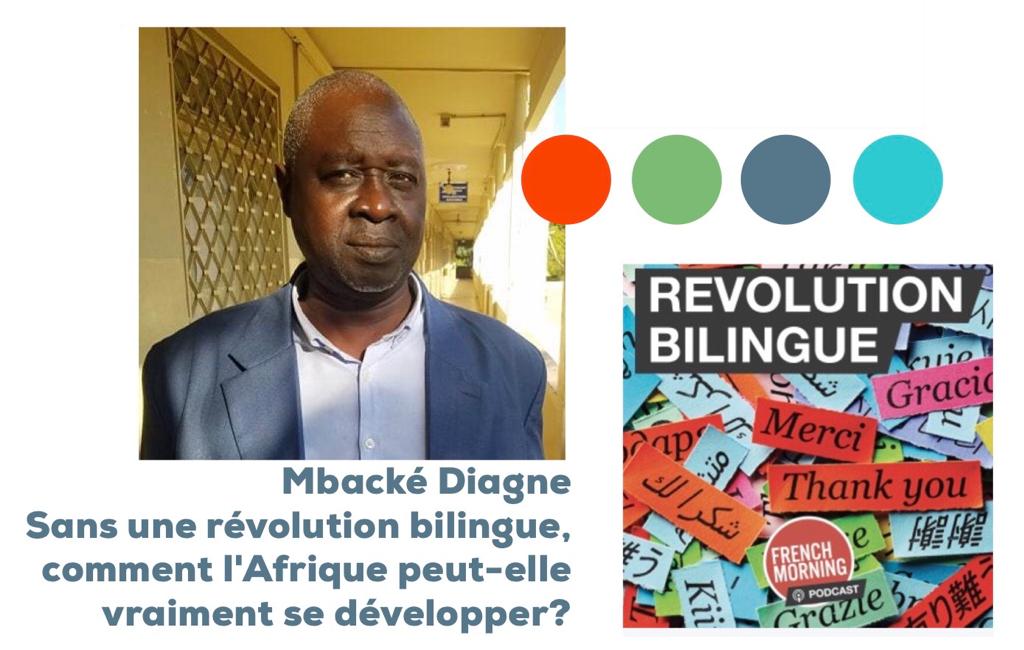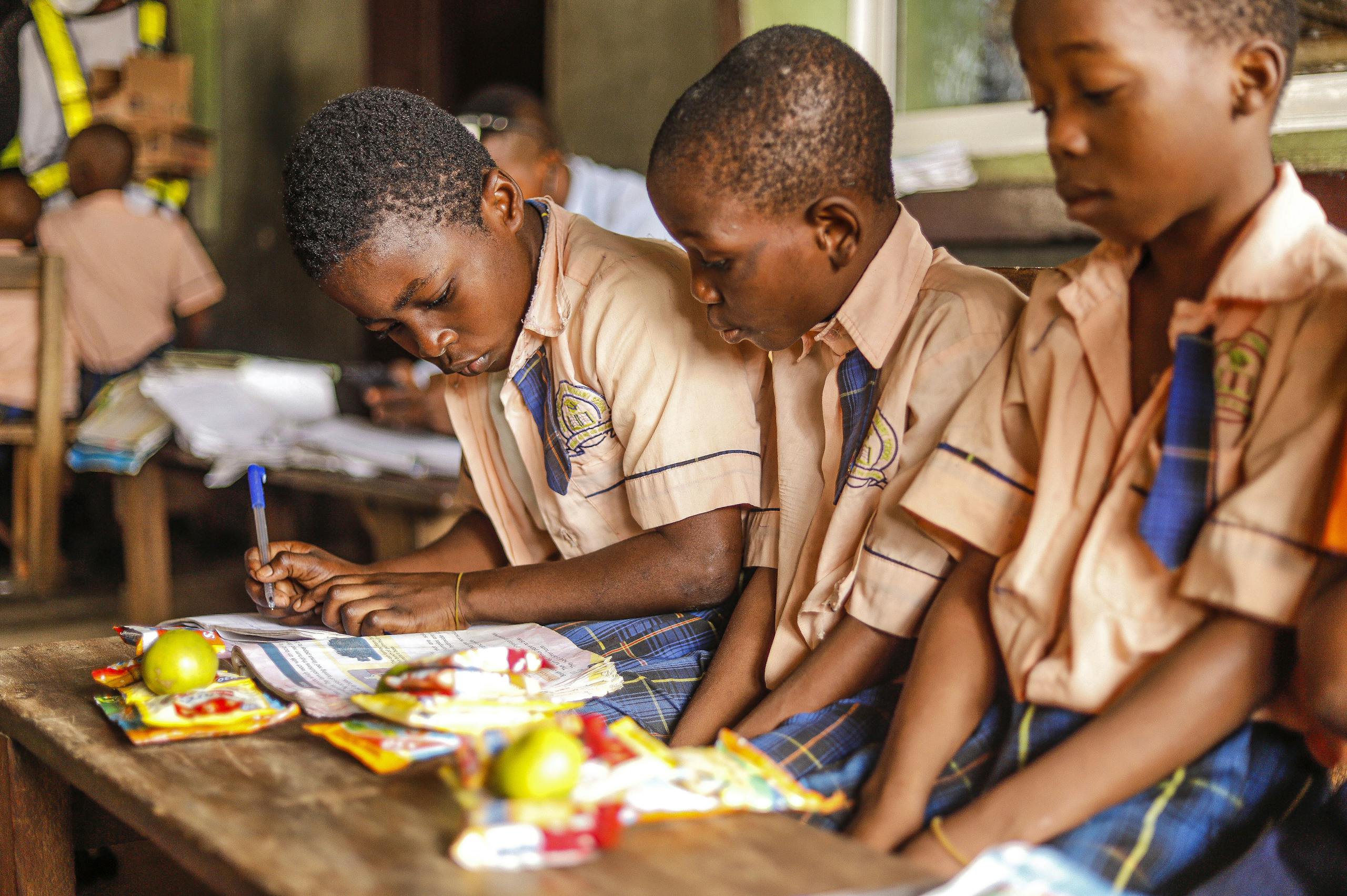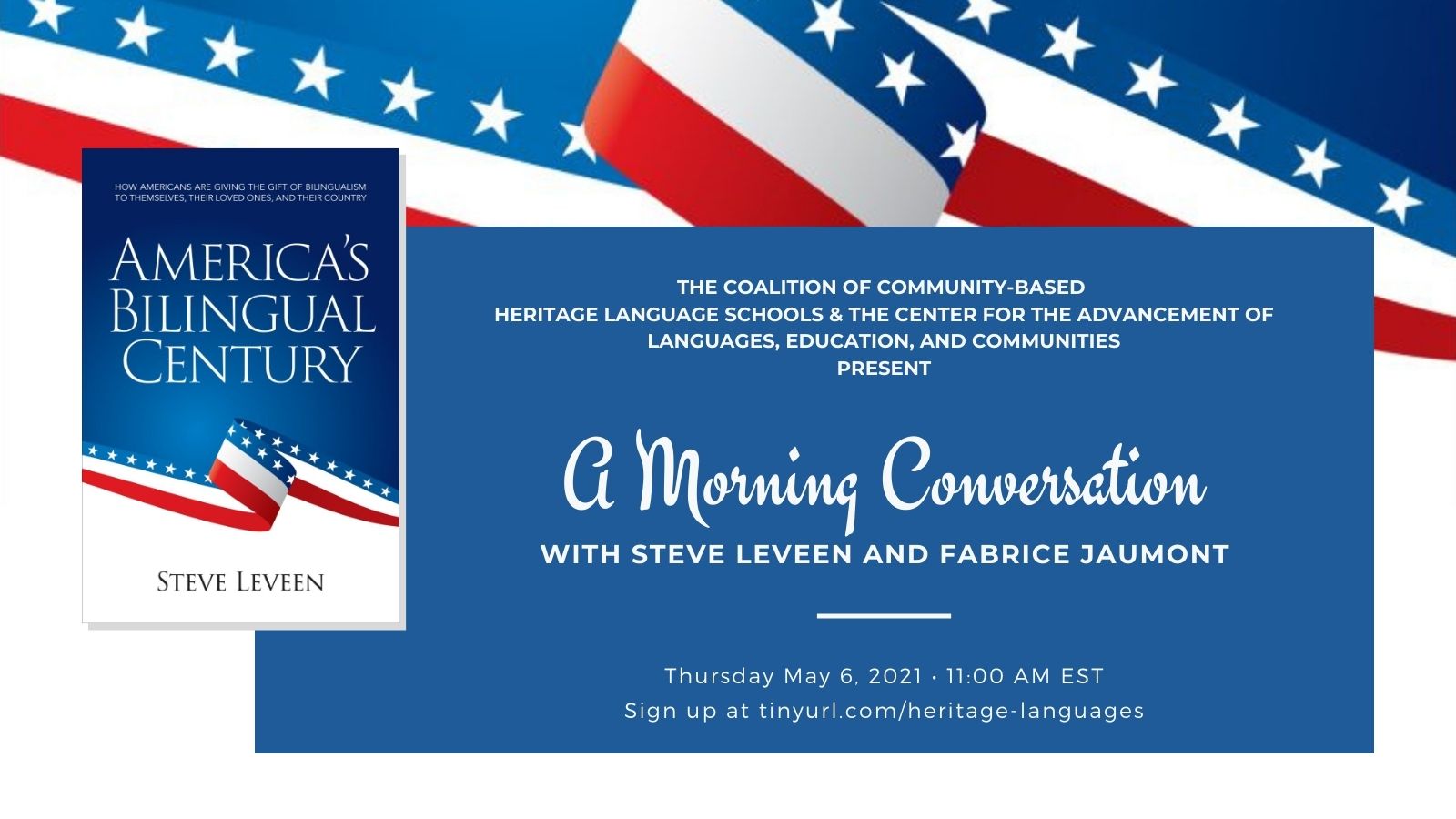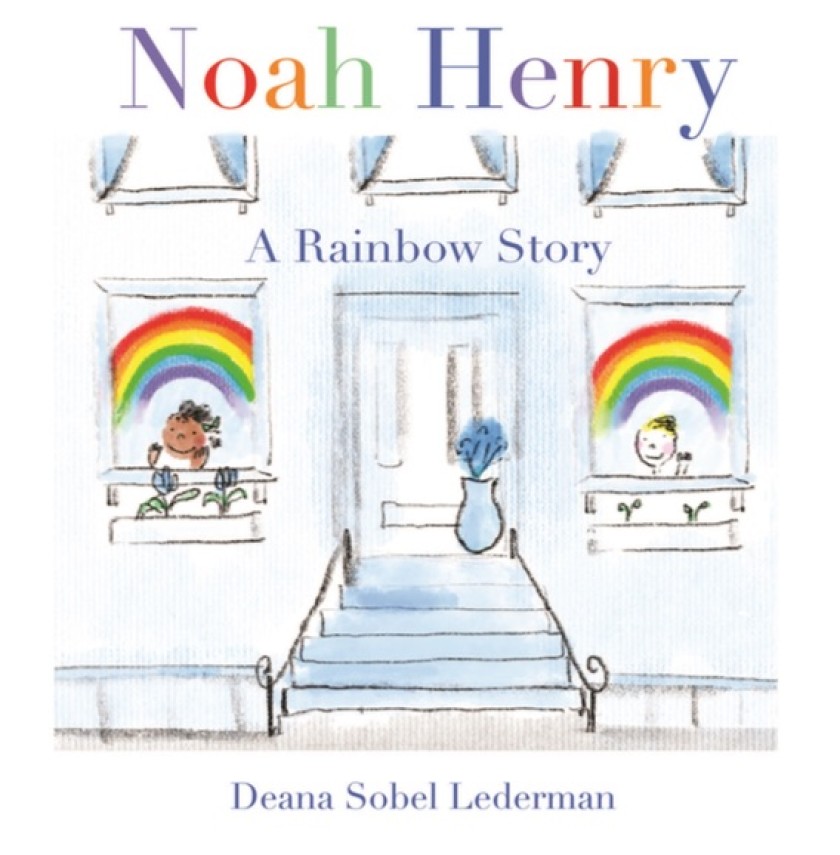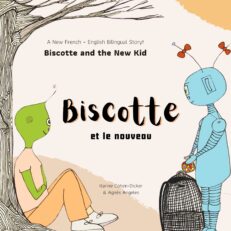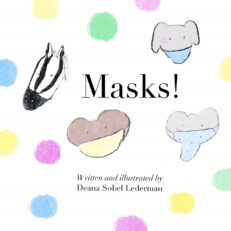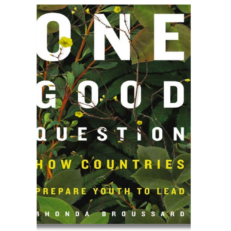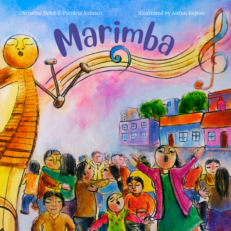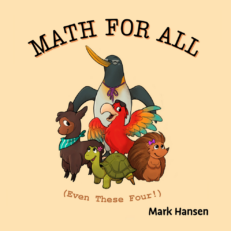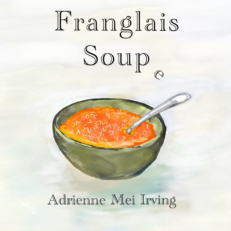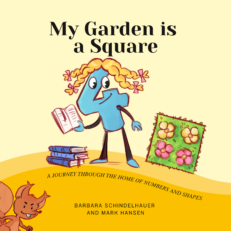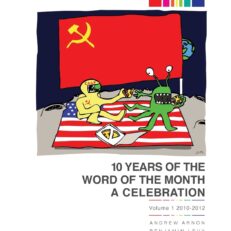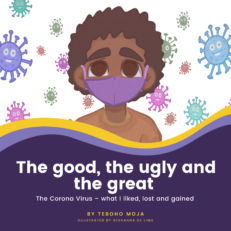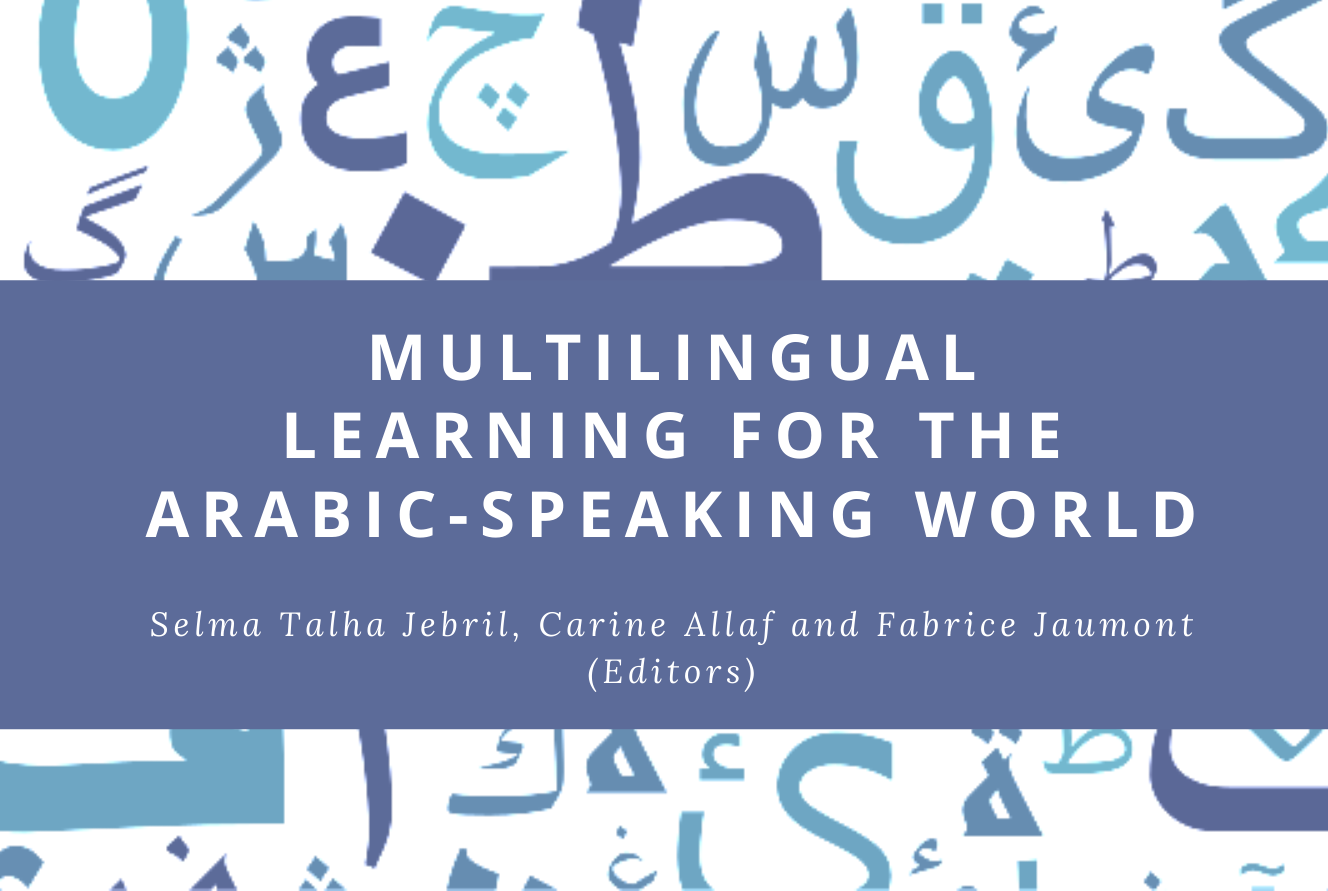
The Center for the Advancement of Languages, Education, and Communities has announced the following call for papers.
Le Centre pour l’avancement des langues, de l’éducation et des communautés lance cet appel à communications.
مركز النهوض باللغات والتعليم والمجتمعات يطلق مبادرة لتقديم أوراق علمية
○○○○○○○○○○○
Title: Multilingual Learning for the Arabic-speaking World
Titre: Apprendre en plusieurs langues dans le monde arabophone
العنوان: التعلم متعدد اللغات في العالم العربي
○○○○○○○○○○○
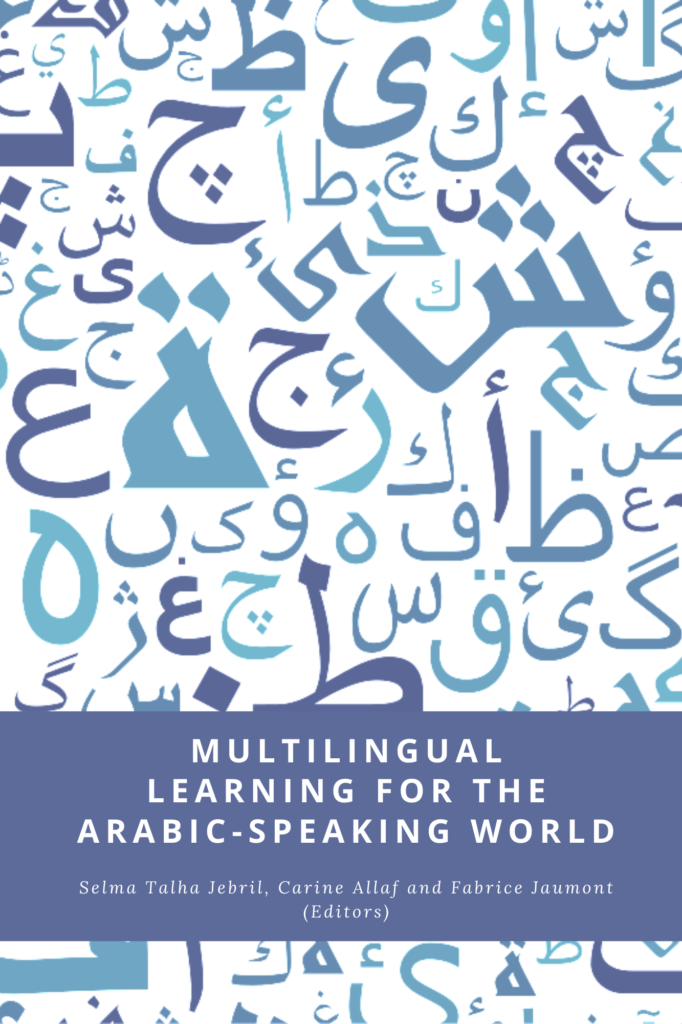
Overview of the Book
In this book, Multilingual Learning for the Arabic-speaking World, we wish to examine the realities, opportunities, and challenges of multilingual education and language learning for the Arabic-speaking world, including native Arabic-speakers living outside of the Arab world. Authors (including educators, researchers, students, actors on the ground, parents, etc.) are invited to present an essay about the local applications of various models of bilingual education or language immersion (Arabic plus another language such as French or English or another) and the ways to encourage their growth and scale.
This book will offer a diverse perspective and various model of the implementation and practice of both bilingual and language education for the Arabic-speaking world while considering (1) the colonial history implications of bilingual education in the Arab world and (2) situations in which two languages (or two varieties of the same language) are used under different conditions within a community, often by the same speakers. We will seek to investigate the development of multilingual education as a strategy for diversity, inclusiveness, equity, and quality and a means to achieve economic growth and develop human capital within the global community of Arabic speakers and their multilingual environments. Through selected cases, the goal of Multilingual Learning for the Arabic-speaking World will highlight the commitment to various forms of bilingual and language education across the Arabic-speaking world. Also, the goal is to present reflections from different perspectives and advocate for a multilingual education for all but to do so, we must raise awareness about the importance and advantages of multilingual education in the Arabic-speaking world and reach as many people as possible. Each author submitting a paper to become a chapter of this book is invited to share their experience, vision, or hope for what multilingualism represents (or could represent) in the Arabic-speaking world and among native Arabic speakers living outside of the Arab world.
Description du livre
Dans ce livre, Apprendre en plusieurs langues dans le monde arabophone, nous souhaitons examiner les réalités, les opportunités et les défis de l’éducation plurilingue et de l’apprentissage des langues pour le monde arabophone, y compris pour les arabophones natifs vivant en dehors du monde arabe. Les auteurs (y compris les éducateurs, les chercheurs, les étudiants, les acteurs sur le terrain, les parents, etc.) sont invités à présenter un essai sur les applications locales de divers modèles d’enseignement bilingue des langues (arabe plus une autre langue comme le français ou l’anglais ou toute autre langue) et les moyens d’encourager leur croissance et leur multiplication.
Ce livre offrira une perspective diversifiée et une présentation des modèles mis en œuvre, ainsi que les pratiques de l’enseignement plurilingue pour le monde arabophone tout en considérant (1) les implications de l’histoire coloniale de l’éducation bilingue dans le monde arabe et (2) les situations dans lesquelles deux langues (ou deux variétés de la même langue) sont utilisées dans des conditions différentes au sein d’une communauté, souvent par les mêmes locuteurs. Nous chercherons à étudier le développement de l’éducation plurilingue en tant que stratégie pour la diversité, l’inclusion, l’équité et la qualité, ainsi qu’un moyen favorisant la croissance économique et le développement du capital humain au sein de la communauté mondiale des arabophones et dans leurs environnements multilingues.
Au travers des cas sélectionnés, Apprendre en plusieurs langues dans le monde arabophone mettra en évidence l’engagement des envers diverses formes d’éducation bilingue et linguistique dans le monde arabophone. En outre, l’objectif est de présenter des réflexions sous différents angles et de plaider en faveur d’une éducation plurilingue pour tous, mais pour ce faire, nous devons sensibiliser à l’importance et aux avantages de l’éducation multilingue dans le monde arabophone et atteindre le plus grand nombre de personnes possible. Chaque auteur soumettant un article pour devenir un chapitre de ce livre est invité à partager son expérience, sa vision ou son espoir de ce que le multilinguisme représente (ou pourrait représenter) dans le monde arabophone et parmi les locuteurs natifs arabes vivant en dehors du monde arabe.
عرض عام عن الكتاب
نرغب من خلال كتاب “ التعلم متعدد اللغات للعالم الناطق بالعربية “ في دراسة حقائق وفرص وتحديات التعليم متعدد اللغات وتعليم اللغة، أي لغة ، للناطقين باللغة العربية، بما في ذلك الناطقين باللغة العربية الذين يعيشون خارج العالم العربي
المؤلفون المفترضون المدعوون للمشاركة يمكن أن يكونوا: أساتذة وباحثين وطلاب وفاعلين في المجال والآباء والأمهات، وما إلى ذلك
جميعهم مدعوون لتقديم مقالات حول التطبيقات المحلية لنماذج مختلفة من التعليم مزدوج اللغة أو الانغماس اللغوي المعمق في العربية إضافة إلى لغة أخرى مثل الفرنسية أو الإنجليزية أو غيرها . وطرق تشجيع انتشارها ومدى هذا الانتشار
سيقدم هذا الكتاب منظوراً متنوعاً ونموذجاً مختلفًا لتطبيق وممارسة كل من التعليم بلغة مزدوجة ، ولغة التعليم للناطقين باللغة العربية مع مراعاة
(1)
تأثيرات التاريخ الاستعماري للتعليم ثنائي اللغة في العالم العربي
(2)
المواقف التي يتم فيها استخدام لغتين (أو نوعين مختلفين من اللغة نفسها) في ظل ظروف مختلفة داخل المجتمع ، غالبًا بواسطة نفس المتحدثين
سنسعى إلى تحقيق تطوير التعليم متعدد اللغات كإستراتيجية للتنوع والشمولية والإنصاف والجودة ووسيلة لتحقيق النمو الاقتصادي وتطوير رأس المال البشري داخل المجتمع العالمي للناطقين باللغة العربية وبيئاتهم متعددة اللغات
من خلال حالات مختارة، سيسلط هدف التعلم متعدد اللغات للناطقين بالعربية الضوء على الالتزام بأشكال مختلفة من التعليم ثنائي اللغة ولغة التعليم للناطقين باللغة العربية. الهدف أيضًا هو تقديم تأملات من زوايا مختلفة والدعوة إلى تعليم متعدد اللغات للجميع . لكن يجب الانتباه عند القيام بذلك ، بضرورة زيادة الوعي بشأن أهمية ومزايا التعليم متعدد اللغات للمتحدثين باللغة العربية والوصول إلى أكبر عدد ممكن من الناس
الغر ض من الدعوة لكل مؤلف يقدم ورقة بحثية ليصبح فصلًا من هذا الكتاب، أن يتقاسم تجربته و رؤيته وطموحاته بشأن ما يمثله تعدد اللغات (أو يمكن أن يمثله) للناطقين باللغة العربية، وبين الذين تعتبر اللغة العربية لغتهم الأم ويعيشون خارج العالم العربي
○○○○○○○○○○○
Target Audience: Our target audience comprises people with diverse backgrounds such as parents, educators, policy makers, members of civil society. The goal is to make this book widely accessible to a general audience. We ask you to express your thoughts in a simple and understandable manner. We kindly ask you to avoid excessive use of technical terms and scientific jargon, which would only undermine the effect “of a general audience book” that we hope to produce in our audience.
Public visé: Notre public cible est composé de personnes d’origines diverses telles que les parents, les éducateurs les décideurs politiques, les members de la société civile, et nous devons donc exprimer nos pensées d’une manière simple et compréhensible. Nous devons éviter l’utilisation excessive de termes techniques, de jargon scientifique qui ne feraient que nuire à l’effet « livre grand public » que nous espérons produire auprès de notre lectorat.
الشرائح المستهدفة
يتألف جمهورنا المستهدف من أشخاص ذوي اهتمامات متنوعة مثل الآباء والأساتذة وصانعي السياسات ونشطاء المجتمع المدني
إن الهدف هو جعل هذا الكتاب في متناول الجمي
نطلب منك التعبير عن أفكارك بطريقة مبسطة ومفهومة. وبتجنب الاستخدام المفرط للمصطلحات العلمية والفنية ، والتي قد تؤدي إلى تقويض تأثير “كتاب الجمهور العام” الذي نأمل في إصداره من أجل كافة الشرائح
○○○○○○○○○○○
Who may submit an essay? Authors older than 21, living in the Arab world or elsewhere. In addition, we know that the opinions of advocates in the field, communities, national and international organizations (such as associations and NGOs) could be interesting and insightful, and that they deserve a platform to be heard as well and are therefore encouraged to submit a chapter.
Qui peut soumettre un essai ? Les auteurs de plus de 21 ans, vivant dans le monde arabophone ou ailleurs. De plus, les points de vue des défenseurs du plurilinguisme sur le terrain, des communautés, des organisations nationales et internationales (telles que des associations et des ONG) sont encouragés à proposer un chapitre tant ils méritent une plate-forme pour être entendus.
من هم الذين يمكنهم المساهمة بمقال؟
مؤلفون يزيد عمرهم عن 21 سنة ويعيشون في العال العربي أو في أي مكان آخر
بالإضافة إلى ذلك ، نحن نعلم أن آراء النشطاء والمدافعين في شتى المجالات المجتمعية والمنظمات الوطنية والدولية (مثل الجمعيات والمنظمات غير الحكومية) يمكن أن تكون مثيرة للاهتمام ولها رؤى متبصرة ، وأنهم يستحقون منبراً نستمع لهم من خلاله، وبالتالي نشجعهم على المساهمة بفصل من فصول هذا الكتاب
○○○○○○○○○○○
Submission Guidelines: Authors who are working on the topic and are interested to have their work considered for this book must submit the following to the CALEC’S editorial team at editors-ar@calec.org before May 30, 2022.
- Statement of interest (half a page)
- Title and subtitle of the essay
- A 200-words abstract outlining the paper and responding to the questions:
1. What does the author expect to achieve with his/her essay?
2. What is he/she offering? (Topic and solutions) - Writing sample (1.5 to 2 pages, Times New Roman, 250-300 words)
- A brief biographical note (half a page) which should include the author’s experience in multilingual environments and affiliation to an institution if applicable.
Authors can write in French, English, or Arabic. Everything must be turned in Word and a PDF document, Times New Roman, size 12, double space.
Directives de soumission: Les auteurs qui travaillent sur le sujet et qui souhaitent que leur travail soit pris en compte pour ce livre doivent soumettre ce qui suit à l’équipe éditoriale de CALEC à l’adresse
editors-ar@calec.org avant le 30 mai 2022.
- Déclaration d’intérêt (une demi-page)
- Titre et sous-titre de l’essai
- Un résumé de 200 mots décrivant l’article et répondant aux questions:
1. Qu’est-ce que l’auteur s’attend à accomplir avec son essai ?
2. Que propose-t-il ? (Sujet et solutions) - Échantillon d’écriture (1,5 à 2 pages, Times New Roman, 250-300 mots)
- Une brève notice biographique (une demi-page) qui doit inclure l’expérience de l’auteur dans des environnements multilingues et l’affiliation à une institution, le cas échéant.
Les auteurs peuvent écrire en français, en anglais ou en arabe. Tous ces éléments doivent être transmis ensemble dans un document Word et PDF, Times New Roman, taille 12, double interligne.
إرشادات التقديم:
يجب على المؤلفين الذين يعملون على هذا الموضوع، وأولئك الذين يأملون أن تحظى أعمالهم بالاعتبار ضمن محتويات هذا الكتاب، إرسال ما يرغبون في أن ينال الاهتمام إلى عنوان البريد الإليكتروني لفريق تحرير CALEC التالي editors-ar@calec.org
وذلك قبل 30 مايو 2020
(مجال الاهتمام (نصف صفحة
العنوان والعنوان الفرعي للمقال
ملخص من 200 كلمة يلخص الورقة ويجيب على الأسئلة التالية
1
ما هو الهدف الذي يتوقع المؤلف تحقيقه بمقالته
2
(ما الذي تقترحه أو يقترحه (الموضوع والحلول
نموذج من كتاباته صفحة ونصف إلى صفحتين، في حدود 250-300 كلمة
Times New Roman ومستند
نبذة موجزة عن السيرة الذاتية (نصف صفحة) والتي يجب أن تتضمن خبرة المؤلف في بيئات متعددة اللغات والانتماء إلى مؤسسة إذا كان ذلك متاحاً
يمكن للمؤلفين الكتابة باللغات الفرنسية أو الإنجليزية، أو العربية إذا كان بإمكانهم تقديم ترجمة باللغة الفرنسية أو
PDF ووثيقة WORD الإنجليزية. يجب تحويل كل شيء إلى وثيقة وورد
وحجمه 12 مسافة مزدوجةTimes New Roman وتكون الكتابة بحر
○○○○○○○○○○○
Selection Process The committee will choose 15-20 essays. If the work of the author is accepted, he/she will be contacted before June 15, 2022. The author will need to turn in his/her finished chapters before August 30, 2022. Each essay must be submitted both in a Word and a PDF document. It may have a minimum of 10 and a maximum of 12, double-spaced pages. Times New Roman, 1-inch margins all the way around (250-300 words or around 1700 characters including spaces, per page).
Processus de sélection Le comité choisira 15-20 essais. Si le travail de l’auteur est accepté, il/elle sera contacté(e) avant le 15 juin 2022. L’auteur devra remettre ses chapitres terminés avant le 30 août 2022. Chaque essai doit être soumis à la fois dans un document Word et PDF. Il peut comporter un minimum de 10 et un maximum de 12 pages à double interligne. Times New Roman, marges de 1 pouce tout autour (250-300 mots ou environ 1700 caractères, espaces compris, par page).
عملية الاختيار
ستختار اللجنة 15 إلى 20 مقالاً. إذا تم قبول عمل المؤلف ، فسيتم الاتصال به قبل 15 يونيو 2022. ويفترض بعد ذلك تسليم فصوله النهائية قبل 30 أغسطس 2022
PDF يجب تقديم كل مقال أن يكون في صيغة وورد وثيقة
Times New Roman يمكن أن تحتوي على ما لا يقل عن 10 و 12 صفحة بورقة مزدوجة
وبهامش من بوصة واحدة في كل الوثيقة (250-300 كلمة أو حوالي 1700 حرفًا بما في ذلك المسافات الملائمة لكل
(صفحة
لمزيد من المعلومات ، اتصل بالمحررين على عنوان البريد الإلكتروني التالي
editors-ar@calec.org
○○○○○○○○○○○
For more information, contact the editors at editors-ar@calec.org
Pour plus d’information, contactez les éditeurs à editors-ar@calec.org
لمزيد من المعلومات ، اتصل بالمحررين على عنوان البريد الإلكتروني التالي
editors-ar@calec.org
○○○○○○○○○○○
Editors – Directeurs de publication – فريق تحرير
